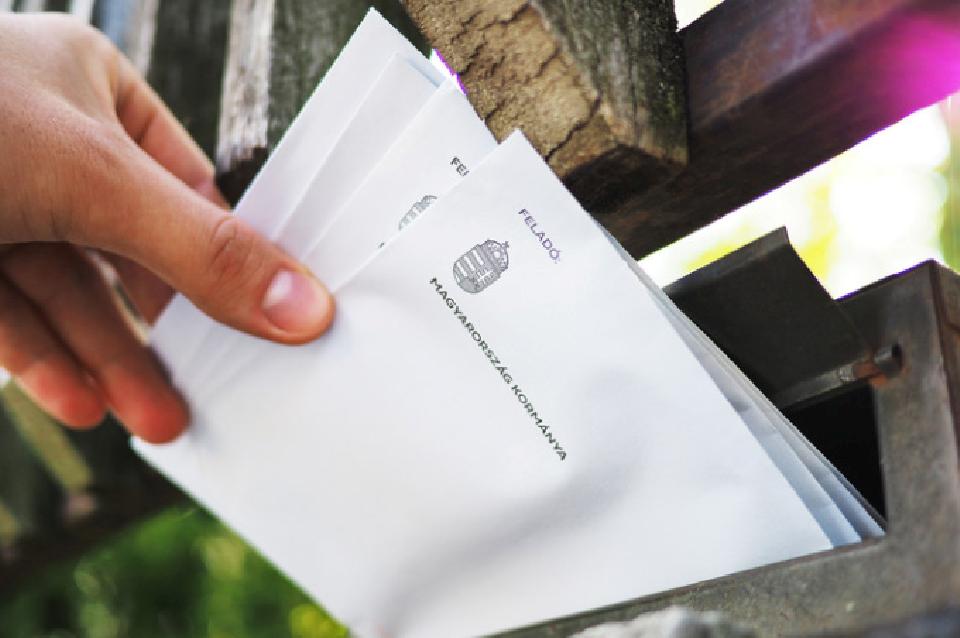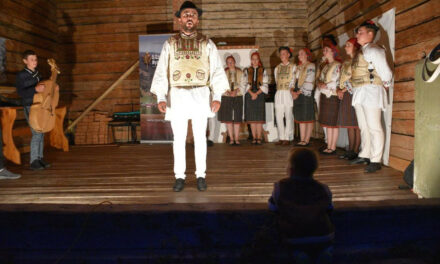Since 2010, the government has regularly used the national consultation between two parliamentary elections as an opportunity for political reconciliation. Through the consultations, the government has already sought the opinion of voters on a number of strategic issues that are decisive for the future of our country - such as migration, the Basic Law, or the measures related to the coronavirus epidemic - and has acted in accordance with the answers, that is, the will of the voters.
The national consultation is now a genre of political negotiation successfully used not only in our country, but also in many European countries, such as France or the United Kingdom, writes the Századvég Foundation in its latest analysis.
The national consultation also motivates those who do not return the questionnaires or do not fill them out online. In addition to opposition politicians, representatives of the media and civil society also express their opinions on the issues of the consultation, so these opinions and alternatives are also included in the preparation of the decisions, they pointed out.
Despite the fact that the institution of national consultation was attacked by leftists both in the early years and on recent occasions, it is clear from the high number of people filling in that the social support of the consultation genre is unwaveringly strong.
And its political importance and success lies precisely in this, i.e. government decision-making takes place each time after seeking the opinion of the electorate, in addition to the clash of alternatives, which is especially crucial when questions and problems arise that have never been seen before - such as the question of illegal migration, or the shutdown or opening due to the coronavirus epidemic.
The functionality of consultation as a genre of political consultation is shown by the fact that it is now used in several countries, albeit with minor modifications. consultation is also now starting in connection with the development of the National Research and Innovation Strategy.
Despite the criticism leveled against the institution, the domestic left also held several consultations, most recently on the issue of the planned campus of the world's 34th most prestigious university in Budapest.
While Brussels only asks Europeans for their opinion on changing the clocks and swept the Minority Safe Pack initiative off the table, the Hungarian government has now asked Hungarians ten times and is preparing to do so again on crucial issues related to the Future of the EU conference series and the restart of the Hungarian national economy .
You can read the full article in Magyar Hírlap













